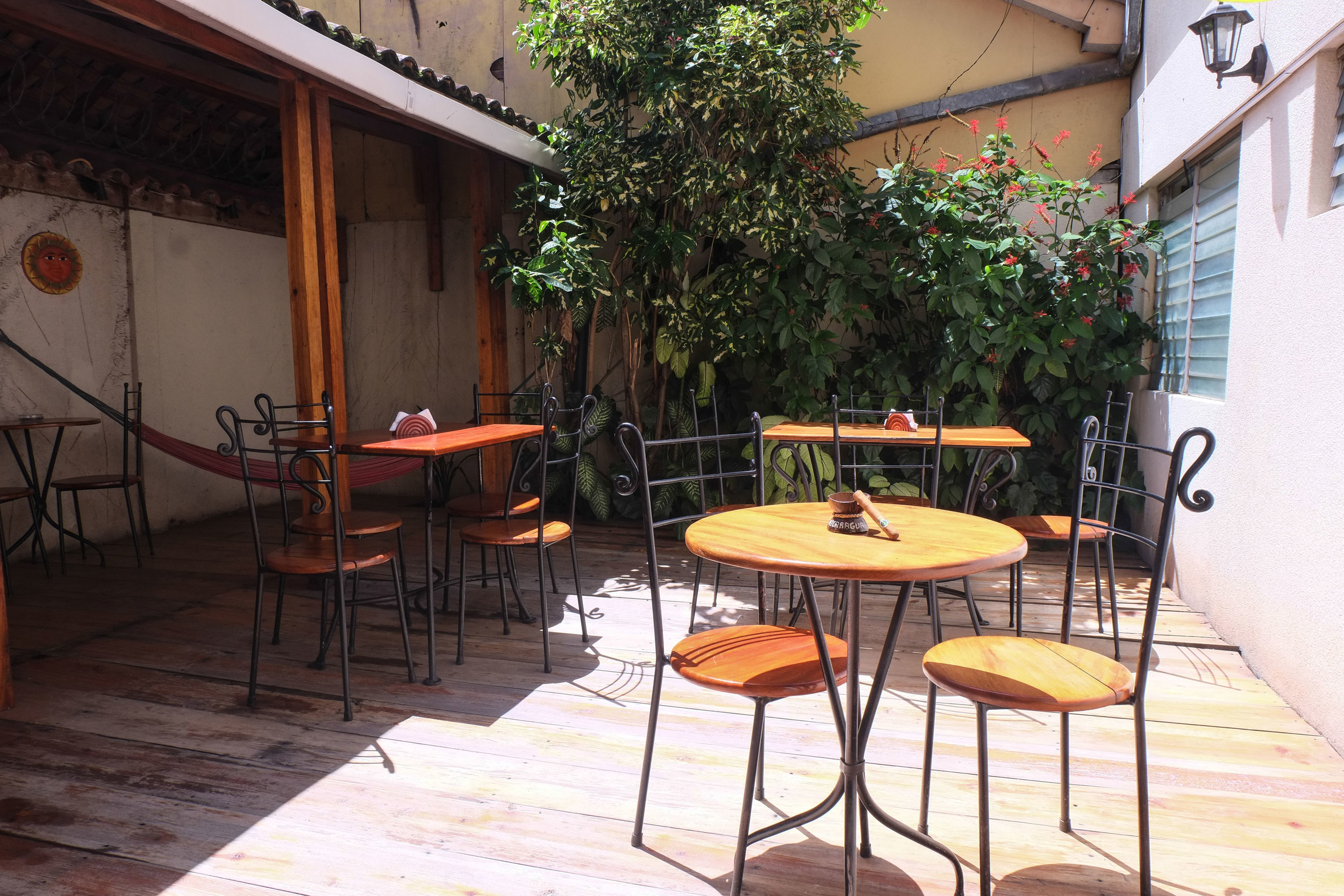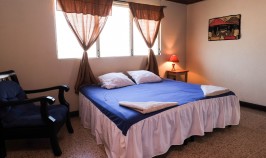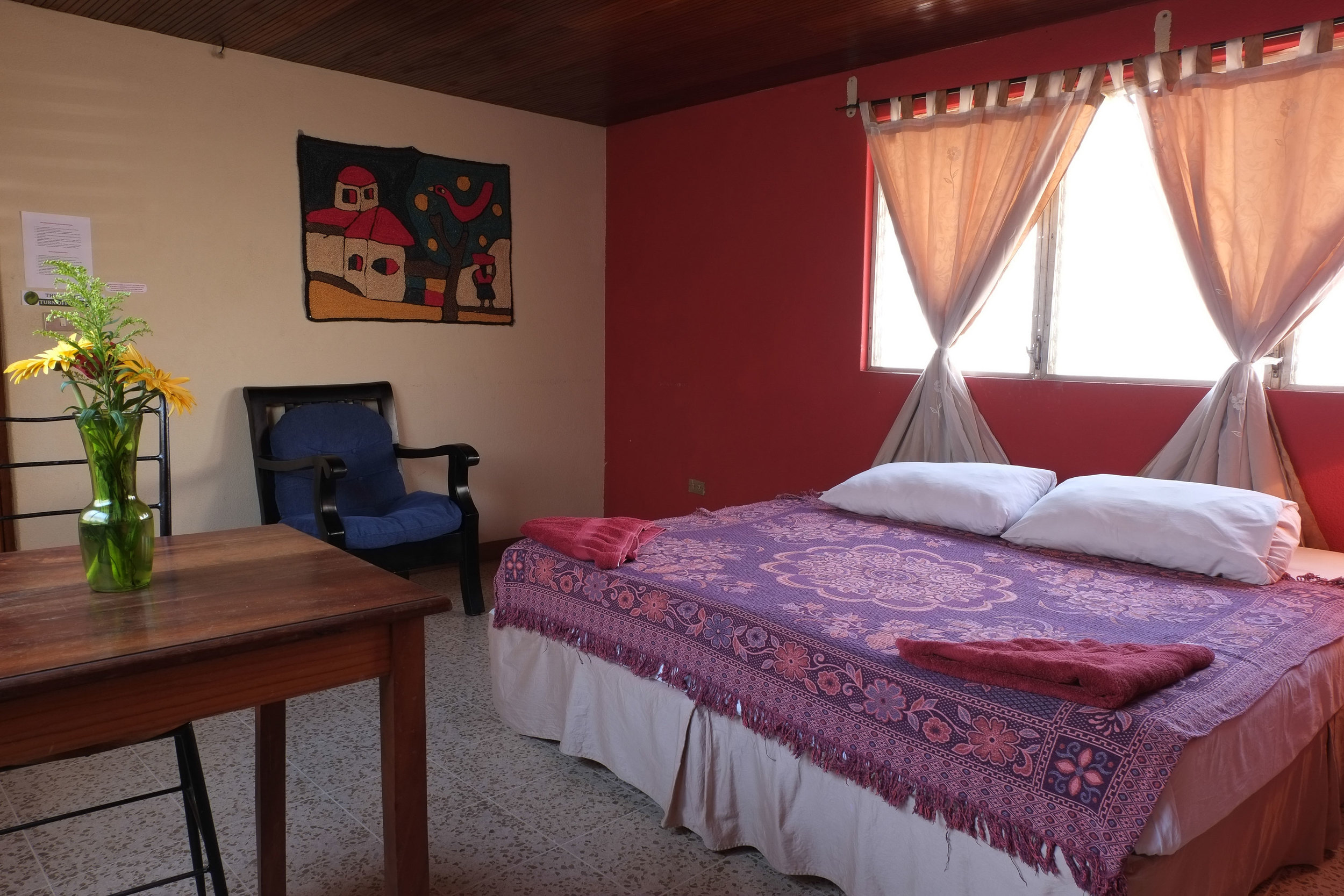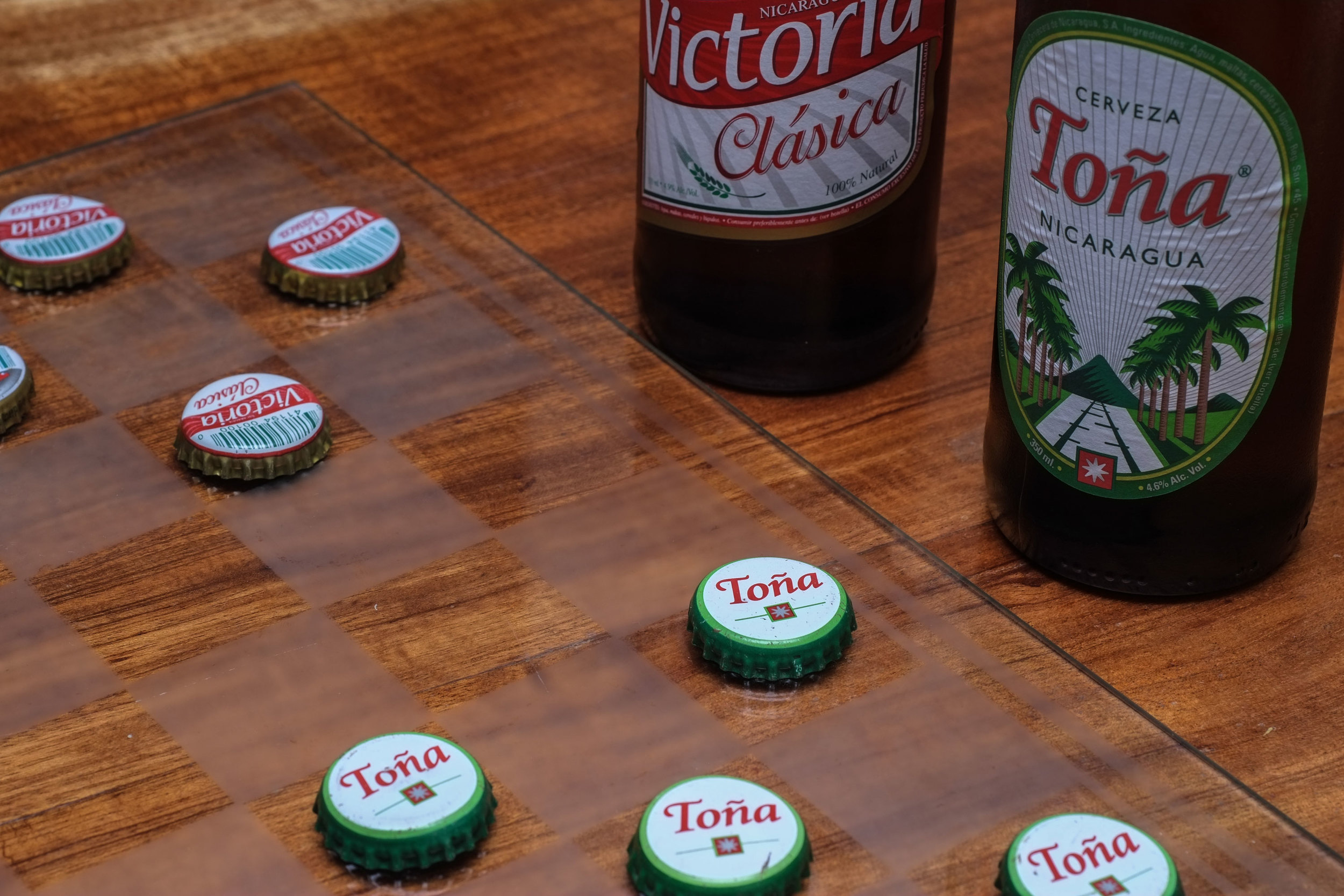Advice For Peace Corps Hopefuls And The Creation Of A Hotel
I wrote a version of this article Advice For Peace Corps Hopefuls And The Creation Of A Hotel on Raxa Collective when I was operating my hotel, La Buena Onda, in Matagalpa, Nicaragua (2012).
My Peace Corps location: Matagalpa, Nicaragua
As a former Peace Corps volunteer, it is not a rare occasion that I come across an eager undergraduate looking for some guidance on the decision of whether or not to join the organization. I also receive many requests for tips on how to make the most out of the two-year volunteer program. Over the years, I’ve narrowed down my responses to three main categories:
You have to make the experience your own; don’t expect the organization to provide much structure. If you are a self-starter, if you can make meaningful connections and create projects that you are passionate about, then you will likely have a great time.
Don’t expect to change the world, nor should you. Do expect to have your own horizons and views changed.
Don’t be surprised if you decide that you don’t want work to in development afterward! My father always told me that it is also very valuable to know what you DON’T want to do!
For me, as I approached the end of my Peace Corps service, I reflected on the years I spent advocating entrepreneurship and realized my growing dissatisfaction with traditional models for poverty alleviation. I supported rural women through a microfinance NGO, and I taught a business course to high school students to inspire entrepreneurship from an early age. Though I witnessed some inspiring success stories from my work in the development sector, I also noticed considerable problems with disjointed incentives and with inefficiencies.
A conversation with a local entrepreneur opened my eyes to a different approach. Harm van Oudenhoven had worked in the international development field for many years, and had also found himself doubting traditional development models. He explained the role that small, for-profit enterprises like his artisanal chocolate factory can play towards helping the economy of small communities such as Matagalpa, Nicaragua. A profit-oriented business did not have to spend precious time and energy seeking funding or debating methodology. An entrepreneur could also choose to be conscious of his or her “triple bottom line,” and take steps to ensure both social and environmental sustainability. Harm also explained to me how a foreign investor like himself could have a responsible exit strategy by partnering with local entrepreneurs.
Unable to ignore my entrepreneurial itch any longer, I decided to create my own business in Nicaragua: Hostel and Restaurant La Buena Onda.
The business is profit driven; yet it is founded on the mission of supporting responsible travel in northern Nicaragua. La Buena Onda provides a post-graduate opportunity for the increasingly educated local workforce, and offers continued education to its employees through English classes and Internet tutorials. The company sets an example through its use of local building materials, recycling, and low energy consumption. La Buena Onda is creating a new market for local producers of soaps, handicrafts and organic produce. The company also serves as an incubator for other responsible tourism initiatives, and is currently supporting the development of a local tour operator. The Nicaraguan tourism industry is in its formative stages, and we are helping to steer it in a direction that can preserve cultures, protect eco-systems, and generate much needed income for isolated communities.
The greatest things to come out of my Peace Corps experience were the life-long relationships I formed during my service, and the chance I was given to create a truly lasting impact in the community through the creation of this business. I did not want to be just another volunteer come and gone.
I could have never known all of this before I joined the Peace Corps – so if you are considering it, go for it!







